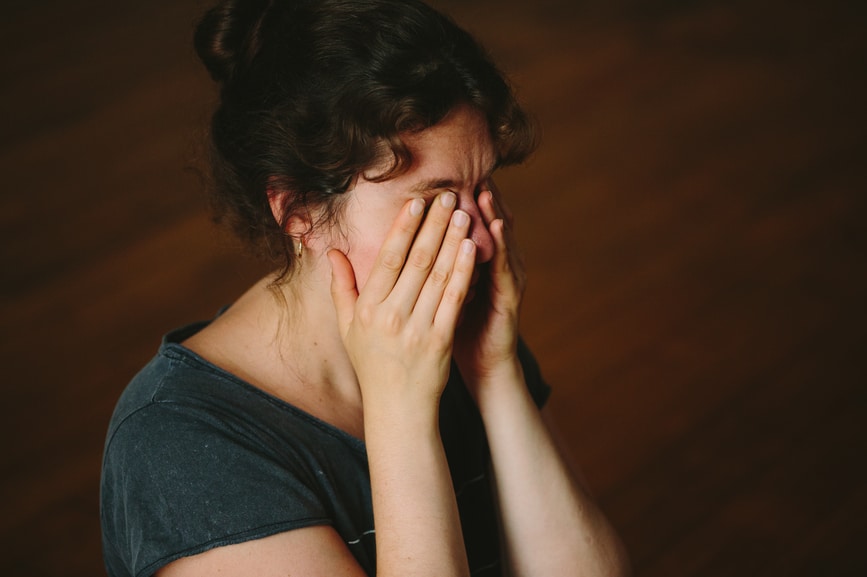Depression Unmasked: Signs in Educated Urban Adults
Unmasking depression among educated adults. Recognize signs, practice self-care, and seek professional help to prioritize mental well-being.
In the fast-paced urban landscape, hidden behind the facade of success and education, exists a silent struggle that often goes unnoticed—depression.
The unrelenting demands of modern life can have a profound impact on our mental well-being, thus affecting even those who seemingly have it all figured out.
In this article, we explore mental health among educated adults—identifying depression symptoms, promoting self-care practices, and emphasizing professional assistance’s vital role.
Recognizing Depression Signs:
Understanding the signs and symptoms of depression can significantly facilitate effective coping strategies.
Even accomplished individuals are vulnerable to this condition.
Common indicators include feelings of isolation, disturbances in sleep patterns, abrupt changes in weight, and diminished interest in previously enjoyable activities.
As per the National Institute of Mental Health, approximately 18% of adults in the United States encountered a major depressive episode in 2020.
Educated adults are often well-versed in hiding their struggles, making it crucial to recognize more subtle signs such as persistent feelings of sadness, irritability, or even unexplained physical complaints.
Research published in the Journal of Applied Biobehavioral Research suggests that highly educated individuals may internalize their feelings, leading to a delayed acknowledgment of their mental health challenges.
Prioritizing Self-Care Practices for Mental Well-Being.
Balancing the demands of professional careers and personal responsibilities can impact mental well-being.
Hence, including self-care practices in daily routines becomes crucial for educated adults.
Here are three powerful self-care tools:
- Mindfulness and Meditation: Engaging in mindfulness and meditation exercises has been scientifically proven to yield significant positive impacts on mental health. A study carried out by Harvard Medical School demonstrated that mindfulness meditation can effectively mitigate symptoms of depression by facilitating emotional regulation.
- Physical Activity: Regular exercise goes beyond physical fitness, benefiting our mental well-being. Physical activities release endorphins, natural mood enhancers. Research by the Mayo Clinic underscores the role of an active lifestyle in alleviating depression symptoms.
- Work-Life Balance: Maintaining a work-life balance is crucial. Those with advanced education may struggle to disconnect from work-related stressors. Nevertheless, setting boundaries and pursuing hobbies can lead to a more fulfilling life.
Psychotherapy’s Effectiveness in Treating Depression.
While self-care practices hold significant value, it is crucial to seek professional help to address depression effectively via psychotherapy.
Psychotherapy, also known as talk therapy, has demonstrated remarkable effectiveness in treating depression, offering insights into its underlying mechanisms and offering individuals relief.
Research indicates that psychotherapy not only alleviates depressive symptoms but also helps prevent relapse.
One prominent approach is cognitive-behavioral therapy (CBT), which focuses on reshaping negative thought patterns and behaviors.
Furthermore, psychotherapy facilitates exploration of the root causes of depression, often rooted in past experiences or unresolved conflicts.
The therapeutic alliance, a vital component of psychotherapy, offers a supportive and non-judgmental space for individuals to express their thoughts and emotions.
Psychotherapy effectively treats depression through diverse modalities, targeting negative thoughts, exploring underlying causes, and fostering a strong therapeutic alliance.
The evidence from studies like those mentioned above underscores the role of psychotherapy as a powerful tool in the holistic treatment of depression.
Remember, reaching out for help is not a sign of weakness but a testament to one’s inner strength.
If you’ve been wondering about seeking help for depression and you connected with any part of this post, and if you’re presently searching for a therapist to help you with your unresolved depression, we would be honored to offer our support to you.
At Evergreen Counseling, we understand the importance of finding a therapist who resonates with you.
We invite you to take the next step toward your well-being by booking a complimentary 20-minute consultation call with us.
Explore our website, reach out to us here, or call us at 510-373-2723 to schedule your consultation.

